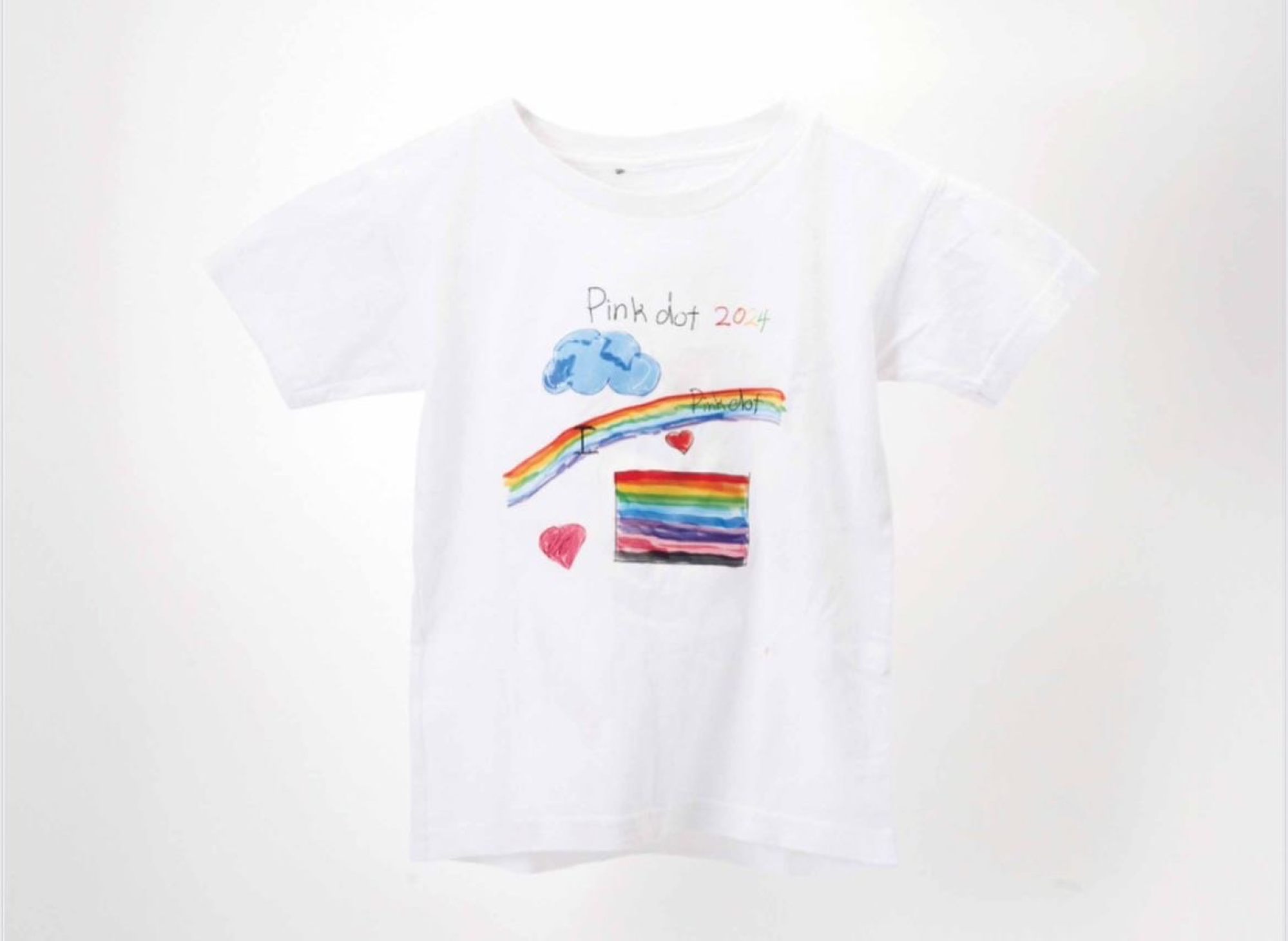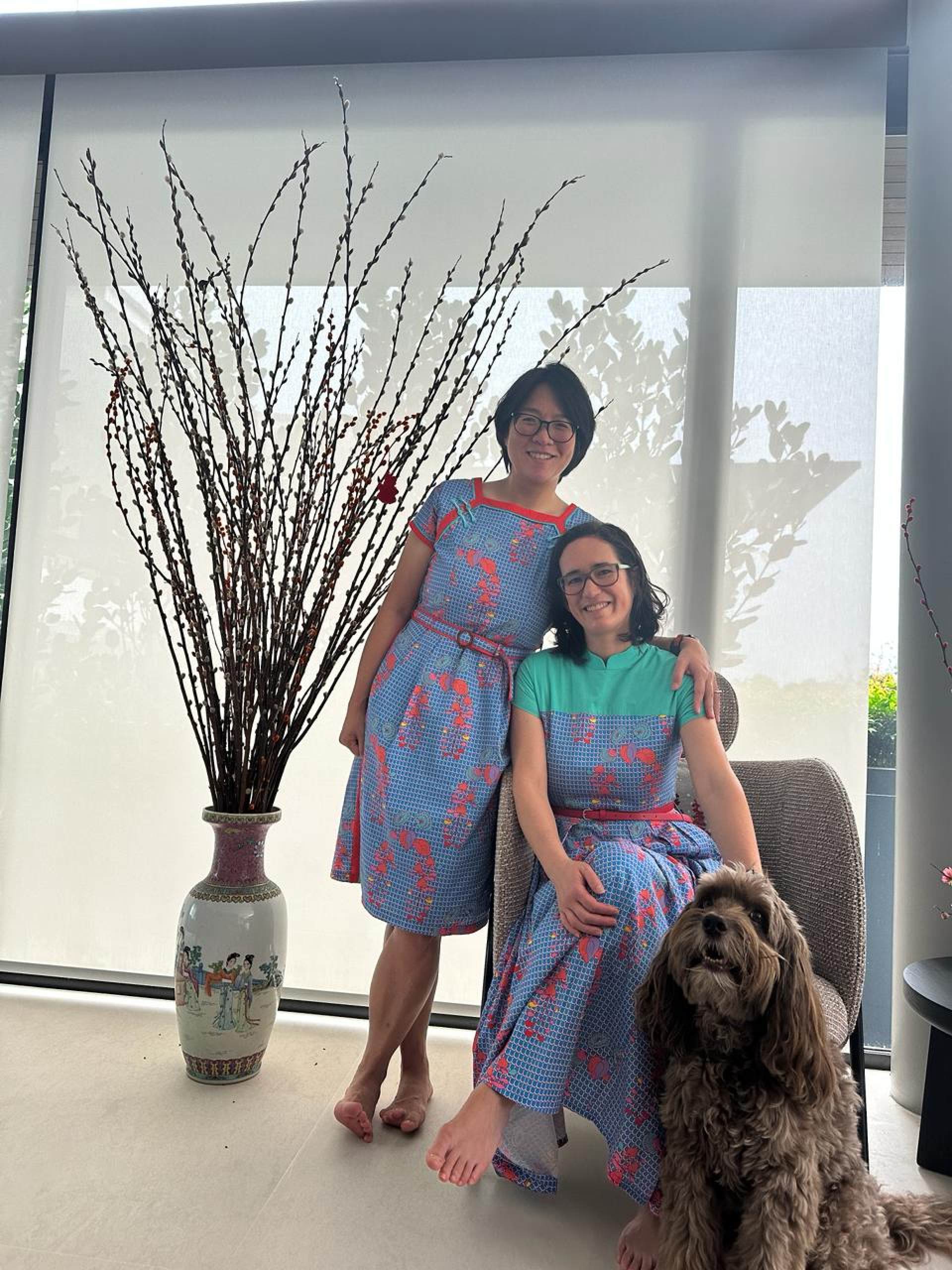‘Symbol of hope’: LGBTQ Singaporeans to seal stories of love inside time capsule
Pink Dot says the time capsule, to be opened in 2050, aims to serve as ‘a reminder of the strength and resilience that comes from love’

When healthcare worker V first met his partner E, a researcher, in 2000 they instantly clicked and began their relationship that spanned a little over 20 years.
At the time, homosexuality was still an offence in Singapore but V, who is now in his late 40s and spoke on condition of anonymity, told This Week in Asia they were happy enjoying food, travel and what he described as “quiet activism” in the city state.
To commemorate the second year of their relationship, he gifted E matching wedding bands but soon after, E lost his ring while he was at the gym. They later celebrated their fifth, 10th and 15th anniversaries with different rings.
E was diagnosed with chest cancer in 2017 and died in 2020. The colonial law criminalising gay sex between men in Singapore would be struck off the books only in 2023.
V has decided to submit his second anniversary ring to LGBTQ non-profit Pink Dot, which will mark its annual pride event on June 28 with a time capsule containing objects from the community that will be opened in 2050.
“I hope whoever reads this in 25 years’ time will know that love is love and has and will last for years to come,” V said.
“Some things in life we let go and some things we keep. I suppose the memory and knowing that it is in a special place, and it will have an even bigger meaning next time, is also quite special.”

Members of the public were invited to submit items such as letters, photos and everyday objects that tell a story of love to the Pink Dot time capsule. Selected submissions will be displayed at the June 28 event, before being sealed and preserved in a secure location and in a controlled environment.
Singapore in January 2023 struck off Section 377A, the law which criminalised sex between men. It concurrently amended the constitution to protect the definition of marriage as between men and women only.
Pink Dot spokesman Clement Tan said of the time capsule: “Amid voices that seek to pit people against each other and fan the flames of hate, we also wanted to send a powerful message of unity: despite different stories and identities, and through different generations, we all want and cherish the same thing – love.”
Tan said Pink Dot hoped the time capsule would “serve as a reminder of the strength and resilience that comes from love, the diverse forms it can take”.
It would also represent “a symbol of our hope for future generations – for a Singapore where these different forms of love are honoured and celebrated equally”.
His team has received much interest from the LGBTQ community and allies to place things, including deeply personal notes and items, that represent part of the transformational journey queer Singaporeans have gone through.

Product manager Katharine Nevins and her wife, Singaporean venture capitalist Shiyan Koh, will be submitting a Pride T-shirt designed by their eight-year-old daughter last year to the time capsule.
Nevins, whose marriage and family unit are not recognised in Singapore since same-sex unions are not permitted, said they chose the T-shirt as a symbol of their daughter’s optimism and hope that the country would become more inclusive by the time the capsule was opened.
She recalled how their daughter, on her first day of school, confidently told her teacher that she had two mothers, while Nevins herself had been unsure how to broach the topic. Yet the teacher and classmates treated her daughter no differently.
“You do worry – moving to a place where your family isn’t legally recognised. Legally, we’re just two single mums who happen to live together. So we were a little bit concerned that we might face problems,” said Nevins, an American who has lived in Singapore for six years and is now a permanent resident.
“But the fact that our daughter is so out and proud, feels very positive about our family, and wants people to know she has two mums is great.”

The 43-year-old acknowledged that their experience might not reflect that of all LGBTQ families in Singapore.
“I know we’re lucky. There are other students for whom that hasn’t been the case. I just hope that in 25 years, when the capsule is opened, this kind of situation will be ancient history,” Nevins said.
The couple also have a six-year-old son and a five-month-old daughter, but as they are not recognised as a single family unit under current laws, they do not qualify for certain benefits, such as family-related subsidies. As their children have different birth mothers, they are not officially recognised as siblings under Singapore law.
Still, Nevins said they considered themselves more fortunate than many, thanks to supportive families and inclusive workplaces.
“It’s funny – you hear a lot in the news about how Singapore isn’t ready. But when you actually meet people, most are either friendly or simply don’t care. I’ve hardly met anyone who’s actively hostile,” she said.
“I’m really hoping we can shift the conversation from ‘we’re not ready’ to maybe we are ready.”